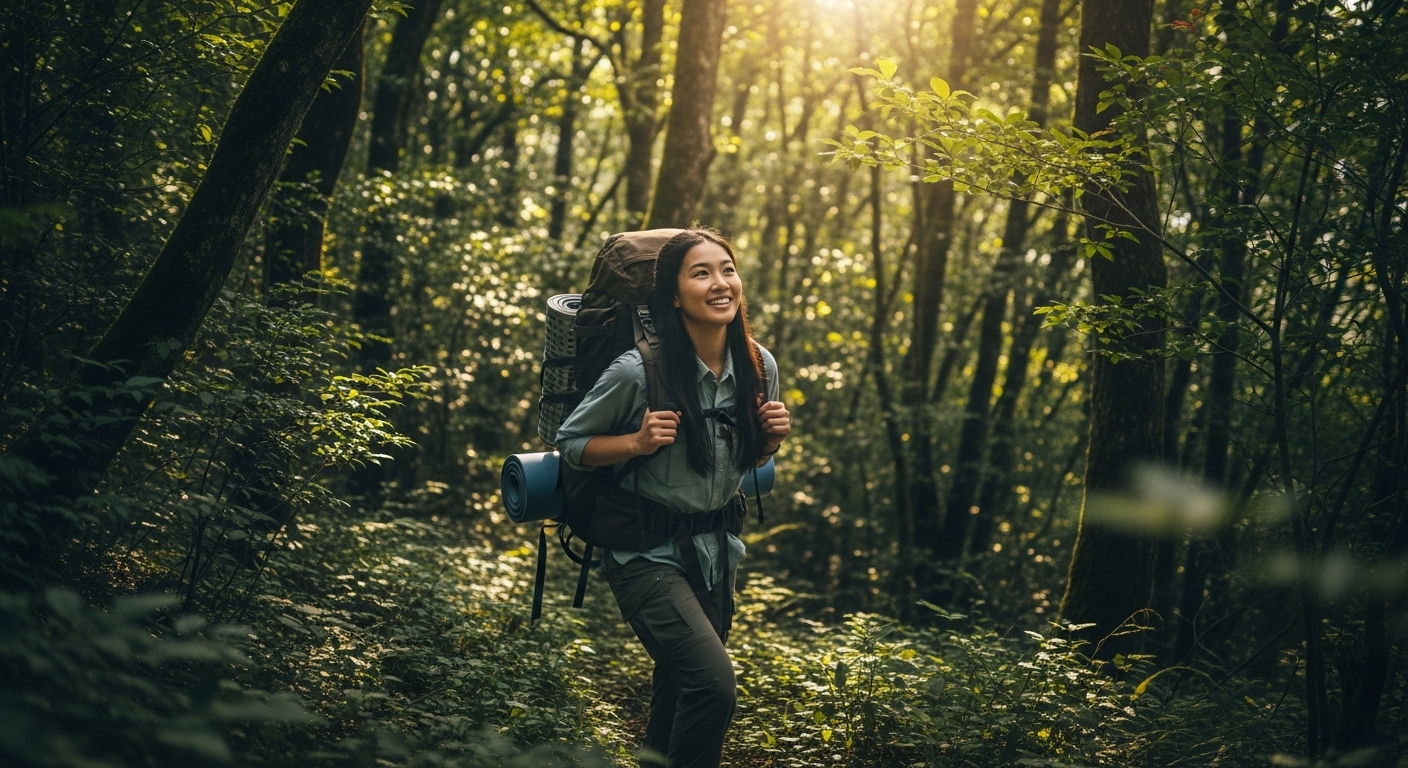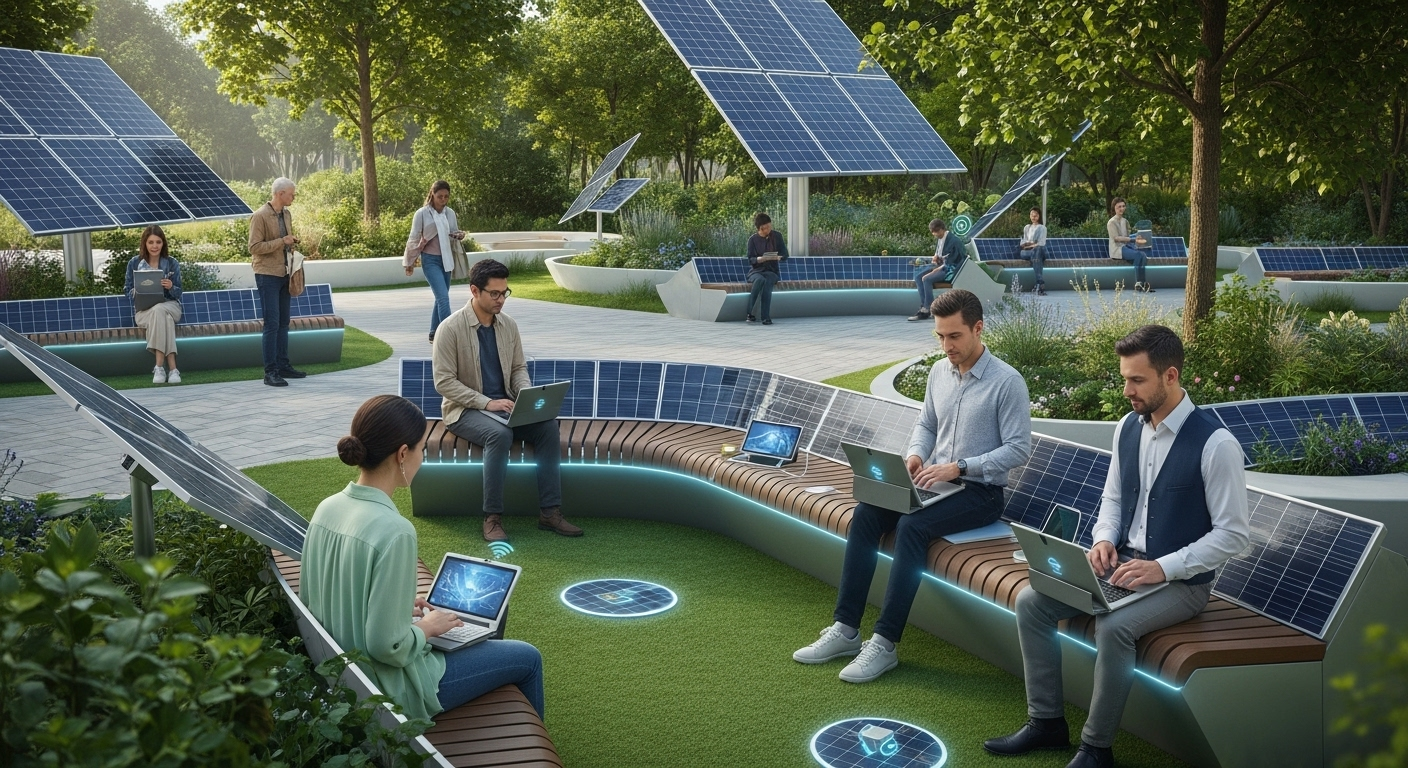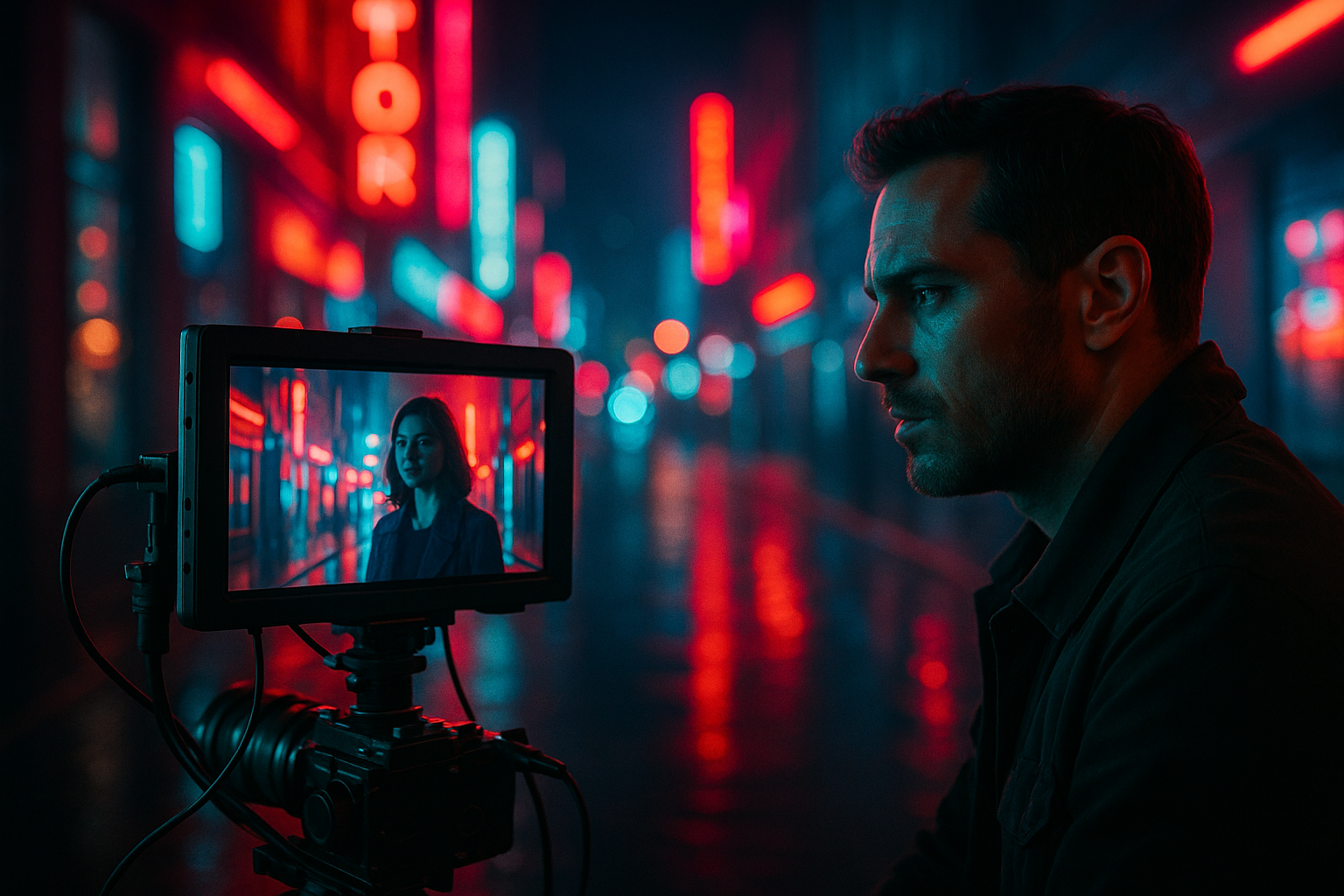Rediscovering the Joy of Post-Pandemic Camping: A Modern Take on an Age-Old Adventure
The charm and allure of camping have persisted through the ages. Yet, it is in the post-pandemic era that this humble form of adventure has experienced an unexpected renaissance. As people worldwide yearn for nature and the great outdoors after months of lockdown, camping has emerged as an ideal way to enjoy travel while maintaining social distancing protocols. This article delves into the current camping trends, the evolution of camping in the post-pandemic world, and its impact on travelers.

The Historical Roots of Camping
Camping, as we know it today, has its roots in necessity rather than leisure. Early nomadic tribes camped out of sheer survival, moving from place to place in pursuit of food and better living conditions. Over time, camping evolved into an essential part of military campaigns, exemplified by the Roman legions’ elaborate camps. It was not until the 19th century that camping started to be viewed as a recreational activity, largely thanks to Thomas Hiram Holding, a British traveling tailor. Holding’s camping experiences spawned the modern camping movement, leading to the establishment of the first camping club, The Association of Cycle Campers, in 1901.
Modern Camping Trends: A Blend of the Past and Present
The appeal of camping lies in its simplicity – a return to the basics, away from the hustle and bustle of urban life. However, modern camping trends reflect a fascinating mix of this inherent simplicity and the conveniences of the 21st century.
For instance, the concept of “glamping” (glamorous camping) has gained traction in recent years. This trend combines the rustic charm of traditional camping with the luxury and comfort of a high-end hotel. It allows campers to enjoy the great outdoors without forgoing the usual comforts of home.
Another notable trend is the rise of tech-integrated camping. Today’s campers are increasingly utilizing technology to enhance their outdoor experiences, from solar-powered tents to portable camping stoves that can charge your smartphone.
The Post-Pandemic Resurgence of Camping
The COVID-19 pandemic has reshaped the travel industry in countless ways, and camping is no exception. As lockdown restrictions ease, people are gravitating towards less crowded, outdoor-oriented destinations. Camping, with its inherent emphasis on open spaces and minimal human contact, fits the bill perfectly.
A recent survey by the North American Camping Report found that 46% of leisure travelers see camping as the safest type of travel post-pandemic. Furthermore, the pandemic has introduced camping to a new demographic. People who previously preferred hotel stays or cruises are now exploring the joys of camping, fueling a remarkable resurgence of this age-old form of travel.
Camping Hacks for the Modern Explorer
-
Invest in a quality tent: Your tent is your home away from home. Make sure it’s sturdy, waterproof, and spacious enough for your needs.
-
Pack smart: Remember, you’ll be carrying everything you bring. Pack only what’s necessary and choose lightweight, multipurpose items.
-
Try campfire cooking: It’s not just about roasting marshmallows. With a bit of creativity, you can whip up gourmet meals over a campfire.
-
Respect nature: Leave no trace behind. Dispose of your waste properly and avoid disturbing local flora and fauna.
-
Stay safe: Always inform someone about your camping plans and ensure you have a first aid kit on hand.
The Impact of Camping on Travelers
Camping offers a multitude of benefits to travelers. It provides a much-needed break from screens and technology, allowing one to reconnect with nature and enjoy a slower pace of life. Camping also fosters resilience and resourcefulness, as campers must learn to adapt to different situations and make do with limited resources.
Moreover, camping can be a profoundly social experience. Whether it’s a family camping trip or an outing with friends, sharing a campfire under the starlit sky can create unforgettable memories and strengthen bonds.
In conclusion, the post-pandemic resurgence of camping represents more than a mere trend. It signifies a collective yearning for freedom, simplicity, and a return to nature. As we navigate this new era of travel, camping offers us a chance to rediscover the joys of exploration in its purest form.






